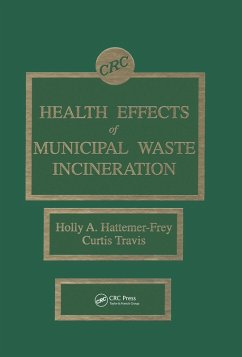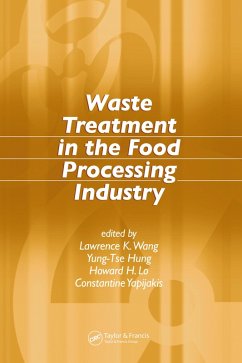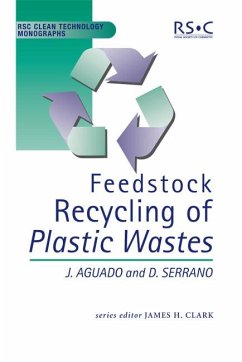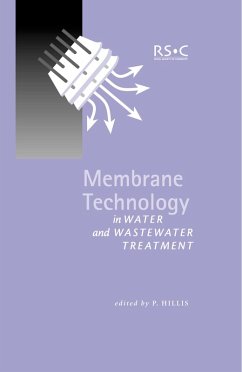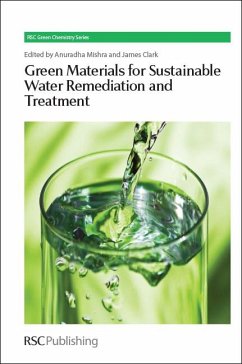
Waste Incineration and the Environment (eBook, PDF)

PAYBACK Punkte
12 °P sammeln!
Waste incineration is finding increasing favour as a waste disposal method and this Issue considers the topic of waste disposal and the place of incineration as an option. It reviews the emissions and environmental impacts of incineration and available control technologies, specific research upon emissions of trace metals and organic micropollutants, and the methodologies for environmental impact assessment. There is currently great interest and considerable controversy over waste incineration and this book gives a dispassionate view of the scientific and technical issues involved. It provides...
Waste incineration is finding increasing favour as a waste disposal method and this Issue considers the topic of waste disposal and the place of incineration as an option. It reviews the emissions and environmental impacts of incineration and available control technologies, specific research upon emissions of trace metals and organic micropollutants, and the methodologies for environmental impact assessment. There is currently great interest and considerable controversy over waste incineration and this book gives a dispassionate view of the scientific and technical issues involved. It provides a broad overview of the role incineration can play in waste management and looks at how environmental impacts may be managed and assessed. For municipal waste, when coupled with energy recovery, waste incineration provides an efficient, spatially compact means of bulk waste reduction, which is widely favoured over landfill, and for some chemical wastes, provides the only presently viable disposal option. This book places incineration in the context of other waste disposal options and examines the relative benefits and environmental impacts in a balanced way.
Dieser Download kann aus rechtlichen Gründen nur mit Rechnungsadresse in A, D ausgeliefert werden.




